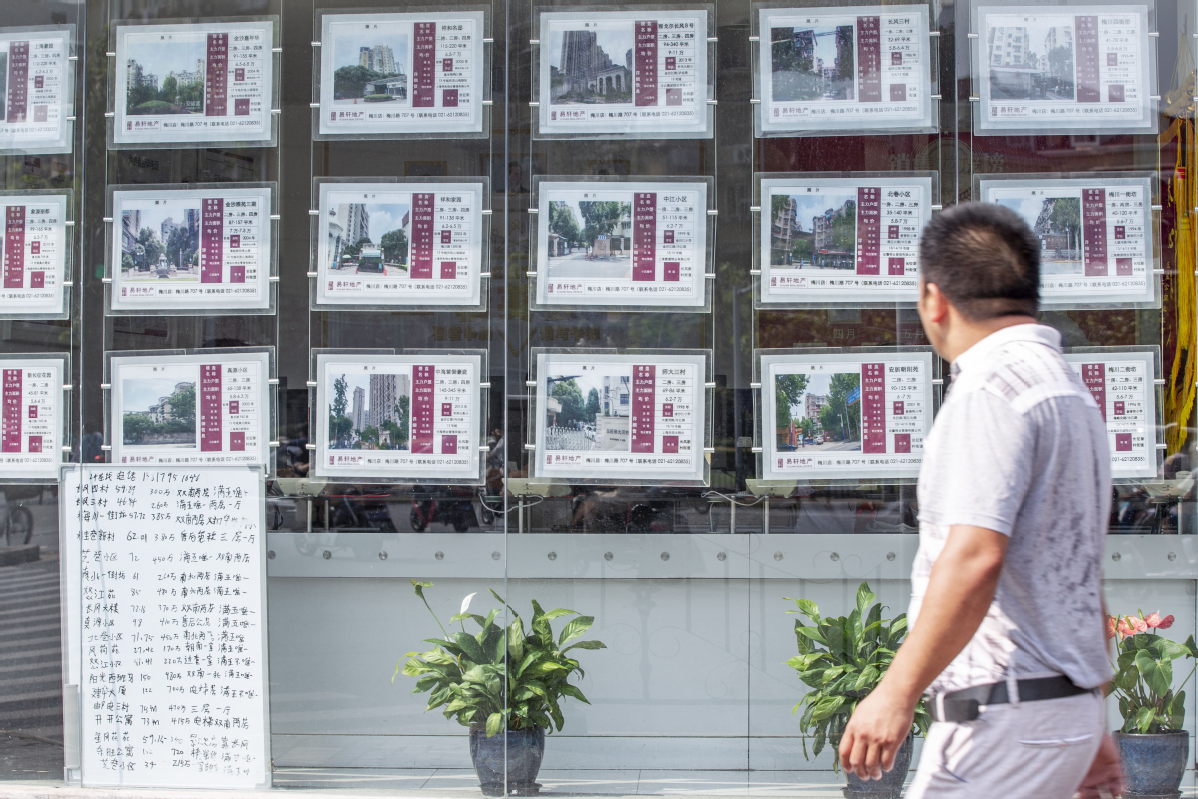Residential realty builds on incipient recovery


Thanks to the effective measures taken in preventing and containing COVID-19, businesses are gradually resuming, and so is the property sector.
"Most Chinese cities in May saw their residential sales recover or even get better than that of a year ago," said Zhang Dawei, chief analyst at Centaline Property Agency Ltd. "The recovery is also appearing in the land market."
According to Zhang, combined land sales in 50 major Chinese cities gained 8.8 percent year-on-year to reach 1.7 trillion yuan ($242.3 billion) in the first five months of this year.
Beijing, Shanghai and Hangzhou of Zhejiang province each saw its land sales surpass 100 billion yuan.
"The increasing land supply, and acceleration in land and new home sales process have helped bolster new home prices in recent months," said Sheng Xiuxiu, research director of JLL China residential sector.
Despite some common factors, each of the top Chinese cities has its peculiar reasons for the improvement in home sales.
For instance, Shenzhen has consistently recorded strong growth over the last year in the pre-owned home market, possibly due to the relatively restricted supply of new homes, while available land for new development in central locations is also relatively limited, Macdonald said.
Industry insiders believe the development of the Guangdong-Hong Kong-Macao Greater Bay Area economy has not only effectively supported Shenzhen's housing prices, but also contributed to the sales of prime real estate there.
"The quality and quantity of a city's talent is a deciding factor in a region's economic development, and their settlement in the city will inspire the demand for medium-to high-level residential properties," said Jiang Peng, senior associate director of research in East China with Colliers International.
Regional integration is likely to bring economic gains through aggregation of the labor pool and boost to productivity. Larger cities are likely to attract regional headquarters of big businesses and organizations, and their senior management will likely boost demand for high-quality homes, Macdonald said.
As land prices rise, it is only natural that developers will target the higher end of the market in order to achieve the right price point to generate a reasonable return on investment.
In Shanghai's case, increased supply of new apartments helped boost sales, and its adjustment of primary and junior middle school enrollment policies supported the sales of pre-owned flats located in better school districts, said Sheng.
Hangzhou's housing market is supported by the rapidly growing technology sector and the jobs and the wealth being created by it and the supporting industries. At the same time, the market has been supported by the campaign to attract talent and corresponding population influx.
Beijing and Guangzhou have had relatively flat markets over the last year and might be viewed as being comparatively affordable.
"Additionally, Guangzhou has a pivotal role in the development of the Greater Bay Area while also being less expensive than its neighbor Shenzhen," said Macdonald.
With LPR (loan prime rate) having remained the same for the last couple of months and a tougher stance of the central government on the property market, experts expect prices to continue to rise but at a slower pace.
"In fact, the growth rates of existing homes in Beijing and Shanghai slowed in June," said Cheng Chong, an analyst with the big data research institute of Shenzhen Fangdd Network Technology Co Ltd, the nation's largest online property trading service platform.




































